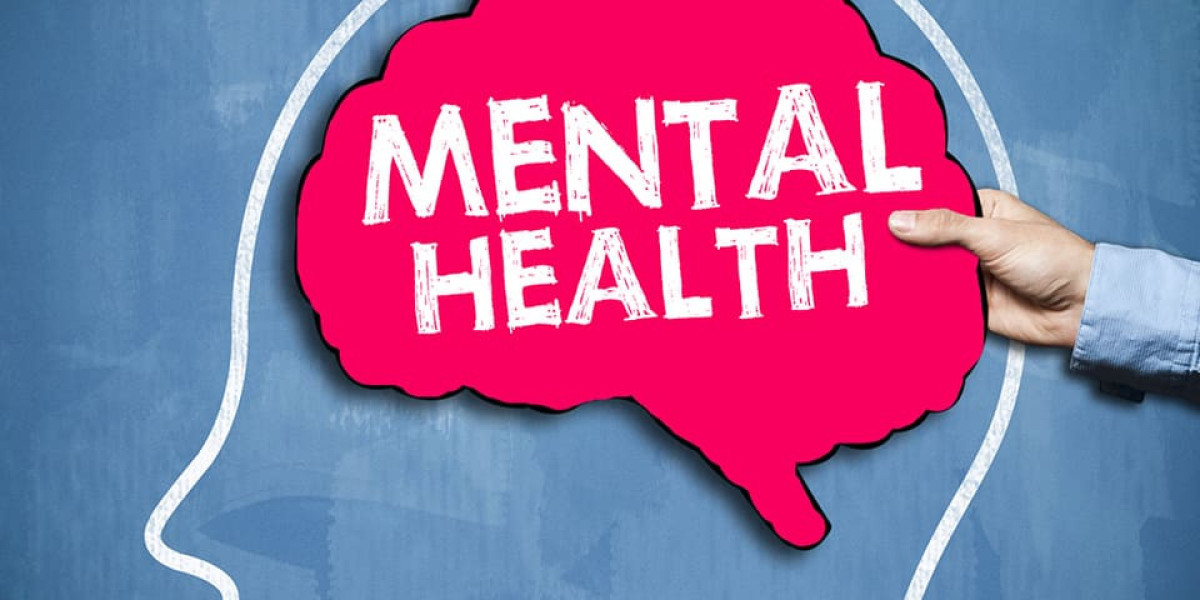Introduction: Understanding the Complexities of Mental Well-being
In the fast-paced world we inhabit, mental health has become a paramount concern. From the stresses of daily life to the challenges of navigating relationships and careers, mental health can often take a backseat. However, prioritizing our mental well-being is crucial for leading fulfilling lives.
The Importance of Mental Health Awareness
Recognizing the Signs and Symptoms
Mental health encompasses a broad spectrum of conditions, including anxiety, depression, bipolar disorder, and more. Recognizing the signs and symptoms is the first step towards seeking help and finding effective treatment. It's essential to understand that mental health issues can manifest differently in each individual, making early detection vital.
Breaking the Stigma
One of the biggest barriers to seeking help for mental health concerns is the stigma surrounding these conditions. Society's misconceptions and stereotypes can prevent individuals from reaching out for support, leading to feelings of isolation and shame. By fostering open conversations and promoting acceptance, we can break down these barriers and encourage individuals to seek the help they need.
Strategies for Maintaining Optimal Mental Health
Prioritizing Self-Care
Self-care is foundational to mental health. This includes engaging in activities that bring joy and relaxation, such as exercise, meditation, spending time in nature, and nurturing relationships with loved ones. Additionally, getting adequate sleep, maintaining a balanced diet, and limiting alcohol and substance use are essential components of self-care.
Seeking Professional Support
When mental health challenges arise, seeking professional support can make all the difference. Therapists, counselors, and psychiatrists are trained to provide personalized treatment plans tailored to each individual's needs. From cognitive-behavioral therapy to medication management, there are various evidence-based interventions available to support mental health recovery.
Building Resilience
Resilience is the ability to adapt and bounce back from adversity. Cultivating resilience is crucial for navigating life's inevitable challenges and setbacks. Practices such as mindfulness, gratitude, and positive affirmations can help build resilience and strengthen mental health.
The Role of Lifestyle Factors in Mental Well-being
Nutrition and Diet
Research has shown a clear link between nutrition and mental health. Consuming a diet rich in fruits, vegetables, whole grains, and lean proteins provides essential nutrients that support brain function and mood regulation. Conversely, diets high in processed foods, sugar, and unhealthy fats have been associated with an increased risk of mental health disorders.
Physical Activity
Regular exercise is not only beneficial for physical health but also plays a significant role in mental health. Physical activity releases endorphins, chemicals in the brain that act as natural mood lifters. Whether it's a brisk walk, yoga class, or gym session, finding activities you enjoy and incorporating them into your routine can have profound effects on mental health.
Stress Management
Chronic stress can take a toll on mental health. Learning effective stress management techniques, such as deep breathing, progressive muscle relaxation, and time management, can help reduce stress levels and promote overall well-being.
Conclusion: Empowering Individuals to Prioritize Mental Health
In conclusion, prioritizing mental health is essential for leading fulfilling lives and achieving optimal well-being. By raising awareness, breaking the stigma, and implementing strategies for self-care and resilience, we can empower individuals to take control of their mental health journey and live their best lives.
Read More :- thevitafit.com







